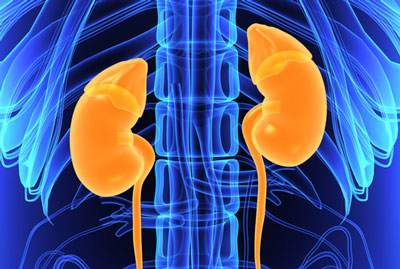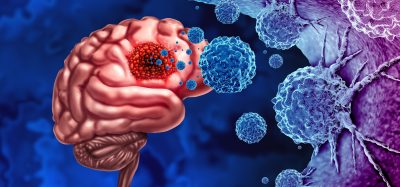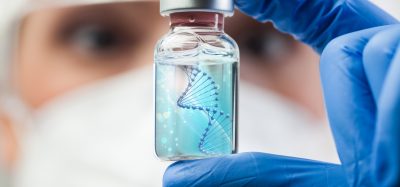Researchers develop animal-free renal screening platform
Posted: 13 October 2015 | Victoria White
Researchers have developed the first animal-free screening platforms capable of predicting the toxic effects of compounds on the human kidney accurately…


Researchers from the Institute of Bioengineering and Nanotechnology (IBN) have developed the first animal-free screening platforms capable of predicting the toxic effects of compounds on the human kidney accurately.
Their latest technological advancement involves the use of human induced pluripotent stem cells (iPSCs) in their renal screening platform. To realise this breakthrough, the scientists have developed an effective way of producing human renal cells from iPSCs, and have combined this with machine learning methods that improved the automated and accurate prediction of nephrotoxicity. In addition to predicting toxicity, the novel iPSC-based platform also correctly identifies injury mechanisms, which can help to advance understanding of the tested compounds.
Due to their role in the elimination of drugs and other foreign compounds from the body, the kidneys are a main target for compound-induced toxicity. Many widely used chemicals and drugs, such as anti-cancer drugs, antibiotics and immunosuppressants, are harmful to the kidneys and may cause organ damage or failure. Indeed, many hospital and community acquired cases of acute kidney injury were caused by such compounds. This poses serious problems to patients and doctors. Further to this, a drug’s toxic effect on the kidney would typically be discovered only in the late stages of drug development or even after the product has been marketed. Therefore, the ability to determine a new drug’s toxicity earlier in the development phase would be of great interest to pharmaceutical companies, which could spend approximately $1-2 billion on average to develop a new drug.
Biomarkers aren’t just supporting drug discovery – they’re driving it
FREE market report
From smarter trials to faster insights, this report unpacks the science, strategy and real-world impact behind the next generation of precision therapies.
What you’ll unlock:
- How biomarkers are guiding dose selection and early efficacy decisions in complex trials
- Why multi-omics, liquid biopsy and digital tools are redefining the discovery process
- What makes lab data regulatory-ready and why alignment matters from day one
Explore how biomarkers are shaping early drug development
Access the full report – it’s free!
Among the many challenges associated with using animal models to predict the nephrotoxicity of a new compound are the long time required, high costs involved, unreliable results due to inter-species differences, as well as ethical issues. Therefore, researchers have focused their efforts on developing cell-based screening methods.
Researchers have developed an efficient protocol for generating kidney cells from iPSCs
Over the past three and a half years, a research team led by IBN Team Leader and Principal Research Scientist Dr Daniele Zink has developed the first and only cell-based renal screening platforms that can predict nephrotoxicity in humans with high accuracy. Earlier versions of these platforms were based on human primary renal proximal tubular cells or similar cells derived from human embryonic stem cells (hESCs). However, primary cells that are directly harvested from the human body are associated with various problems, such as limited availability, while the use of hESCs may give rise to ethical and legal concerns. Therefore, the researchers worked on an approach using human iPSCs. As iPSCs can be generated from cells that are easily available in any person (e.g. cells growing on the body surface), they could also be used to develop patient- and disease-specific models. Such models would help to provide a better understanding of renal disease and facilitate the development of personalised therapies and drugs.
According to Dr Zink, “We have developed the fastest and most efficient protocol for generating kidney cells from induced pluripotent stem cells. Within eight days, it yielded highly pure kidney cells that were suitable for compound screening. We also worked closely with Dr Lit-Hsin Loo’s team from the Bioinformatics Institute, which developed the data analysis procedures and machine learning methods that allow us to predict drug-induced nephrotoxicity with great accuracy.”
The researchers plan to work with industrial partners to further validate and apply their renal screening platforms.
Related topics
Antibiotics, Bioengineering, Screening, Stem Cells
Related organisations
Cancer Research








